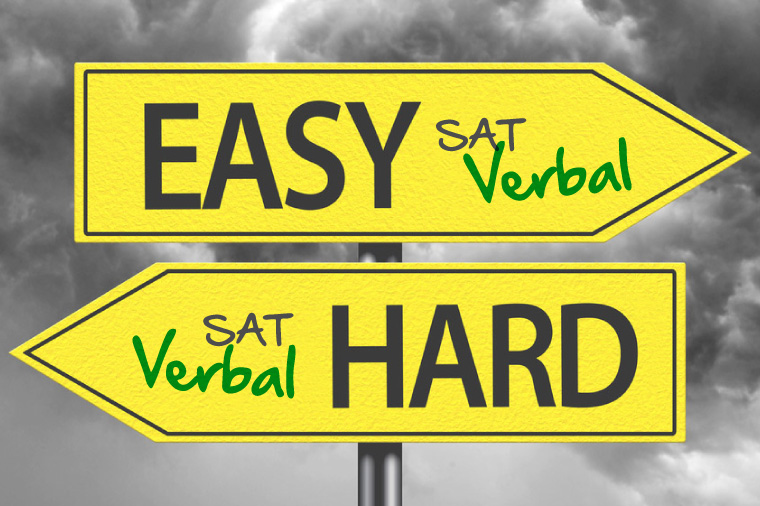Learning Styles: Know Your style to Create a Study Plan

Have you ever tried to start studying something and cannot understand it on your own? Or have you sat through a class and it seems that you are the only one who does not understand your teacher? This may be because your learning style was not compatible with the way you were studying or the teaching style.
Before you begin preparing for any test whether it is the SAT, ACT, GRE, GMAT, LSAT, it is important to understand how you learn before you commit to a study plan. If not, you may get frustrated and quit before you reach your goal. Learning styles have been classified into many different categories but the most helpful and easiest to understand are the following:
• Visual or spatial: You prefer using pictures, images, and spatial understanding.
• Aural (auditory-musical): You prefer using sound and music.
• Verbal (linguistic): You prefer using words, both in speech and writing.
• Physical (kinesthetic): You prefer using your body, hands and sense of touch.
• Logical (mathematical): You prefer using logic, reasoning and systems.
• Social (interpersonal): You prefer to learn in groups or with other people.
• Solitary (intrapersonal): You prefer to work alone and use self-study.
The way most people learn is a combination of the different learning styles. How can knowing this help you? Well, if your learning style is visual/social, you may benefit from watching videos in a group setting to help you learn material. If your learning style is aural/solitary, you may learn better by making jingles to help you remember formulas while you study alone. If you’re not sure how you grasp concepts best, take this quick online test to help discover your learning style. http://www.learning-styles-online.com/inventory
Success Prep offers programs and resources to accommodate all learning styles. First, our one-on-one tutoring in any subject can help all learning modalities. Your personal tutor will present visuals, work through problems with you, help you logically think through problems and assign you problems to work out on your own. Secondly, our classes provide audible instruction, an ample amount of examples worked in class, and an opportunity to work in groups to answer actual test questions. Thirdly, our brand new online SAT course provides diagnostic tests with plenty of examples along with explanations for our kinesthetic/solitary learners. Finally, you can also purchase our GRE textbook video solutions if you are a visual /aural learner.
No matter which way you learn best, remember the key to success is preparation. Let your learning style help you decide how you will prepare for your success.





